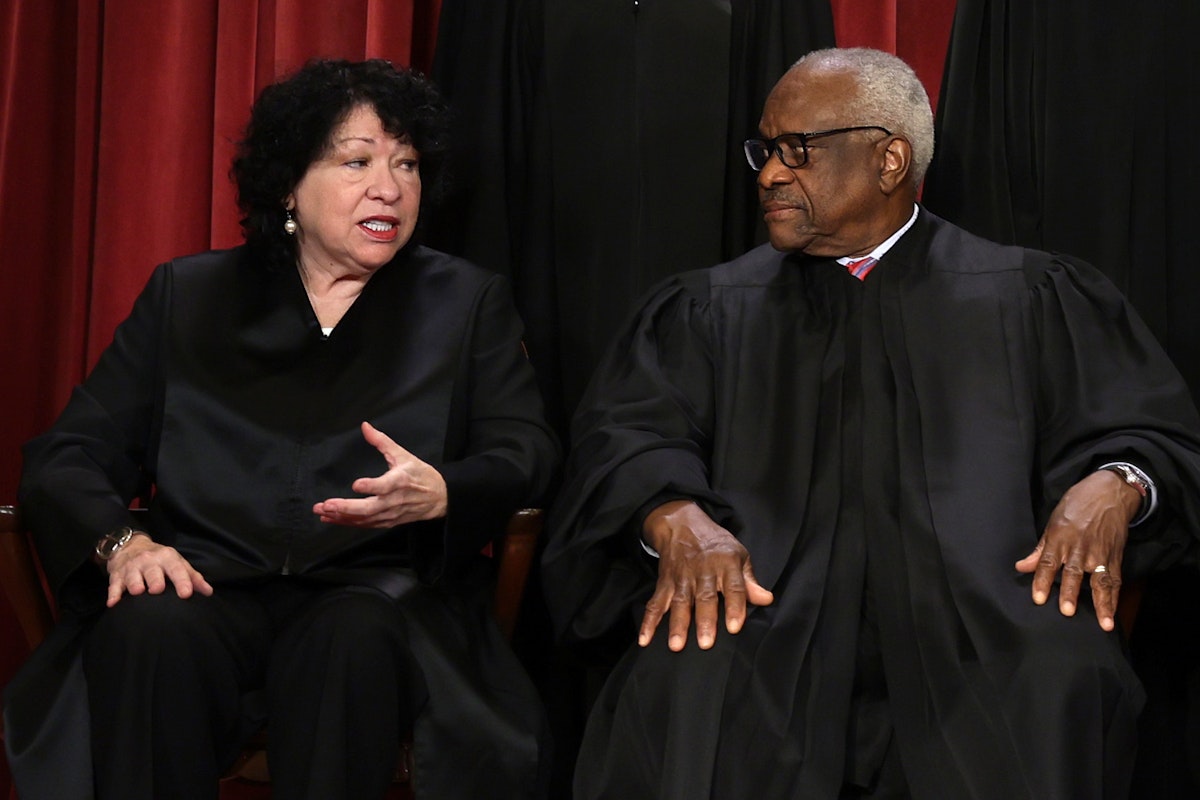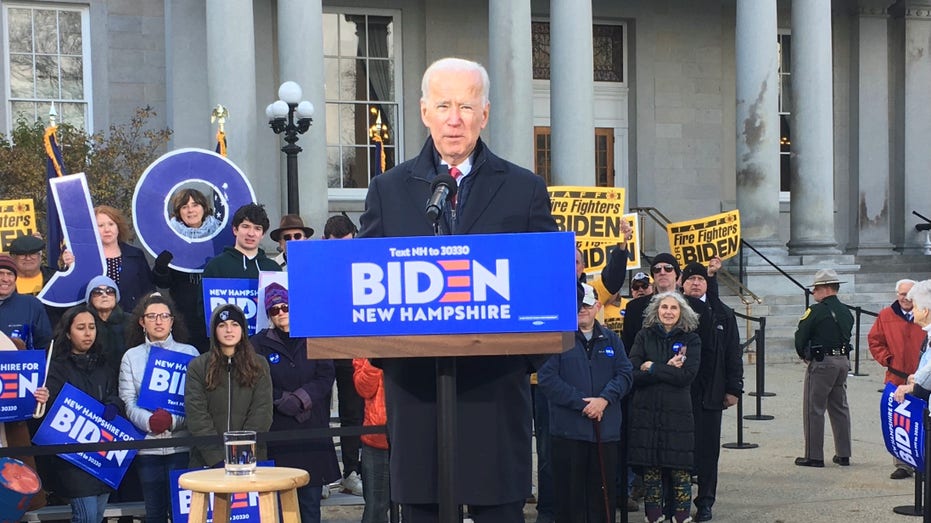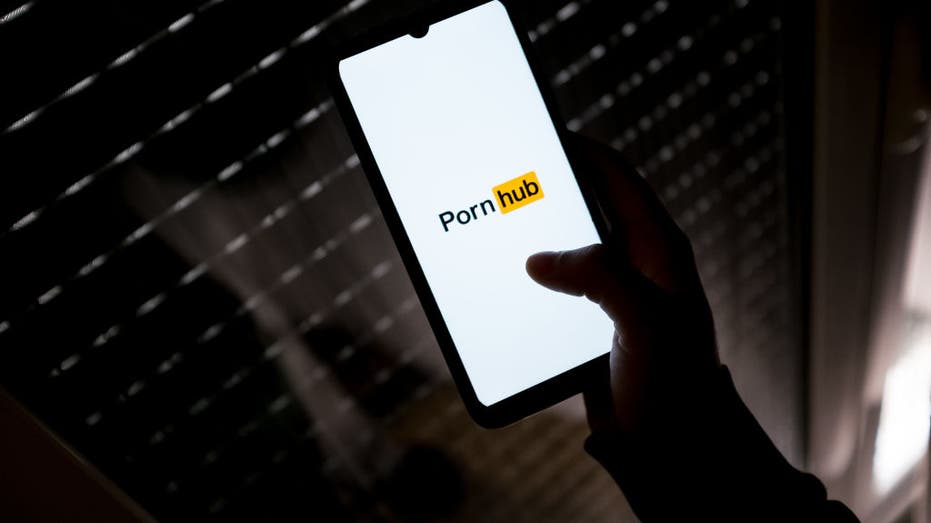Sotomayor Exposed the Court Conservatives’ Hypocrisy With One Line
The Supreme Court’s striking 6-3 ruling in Donald Trump’s immunity case on Monday means that it will be that much more difficult to use the criminal courts to hold a former president accountable, giving the president more power to act with impunity. The same justices who ruled to jail people who are homeless and sleeping outdoors even if there is no shelter, whose ruling in Dobbs turned millions of people’s abortions into a crime, now say that applying the same criminal justice system to the president as to the voters that elected him threatens the rule of law.After former President Trump was charged with myriad federal offenses related to his attempts to remain in power despite losing the 2020 election, the former president’s legal team contended that he should be immune from prosecution for those acts because he was the president when he committed them. Lower courts disagreed, landing the case before the Supreme Court. This gave the court’s Republican-appointed majority an opportunity to redefine presidential immunity, a decision that will have wide-ranging consequences, far beyond Trump’s own case: While the president is not completely above the law, the majority ruled, he is mostly above the law when he is acting in official capacity.“Whenever the President wields the enormous power of his office, the majority says, the criminal law (at least presumptively) cannot touch him,” Justice Sonia Sotomayor wrote in her dissent. “This official-acts immunity has ‘no firm grounding in constitutional text, history, or precedent,’” she added, pointedly citing an argument this same majority-coalition of justices made when ruling in the Dobbs case to overturn Roe v. Wade. After detailing the historic case against absolute presidential immunity, she concluded, again with a citation to Dobbs, “It seems history matters to this Court only when it is convenient.” The callback to the landmark abortion case is more than just a good little dig. It highlights several abuses of power within the Court itself. In essence, Monday’s majority opinion by Chief Justice John Roberts rests on the idea that without expansive immunity protections, the president could not carry out the duties of his office with the necessary “bold and unhesitating action.” Roberts elaborated the stakes in the majority’s view: “A President inclined to take one course of action based on the public interest may instead opt for another, apprehensive that criminal penalties may befall him upon his departure from office.” That the public interest might also be served, perhaps, by using the criminal courts to hold the president accountable for attempting a coup, is absent from this opinion.In her dissent, Sotomayor characterized this as the majority arguing against prosecution in the public interest based on the idea that the president is “incapable of navigating the difficult decisions his job requires while staying within the bounds of the law.” The same, sincerely, could be said of some of the conservative majority. After reporting by ProPublica uncovered substantial gifts made to Justice Clarence Thomas, including luxury trips with Republican uber-donor and power broker Harlan Crow, public trust in the court sank to record lows. Between that and Dobbs, the calls to hold the Court itself accountable have become unignorable, blunted only by the sense that there appear to be few ways to do that meaningfully.The majority opinion attempts to justify its capacious version of presidential immunity by looking to “the Framers’ design of the Presidency.” Among these, the majority plucked the notion that exempting the former president from prosecution, far from eroding the rule of law, would be an attack on the power of the presidency, which in turn would “threaten our constitutional order,” as Justice Thomas put it. It’s a circular argument—we have to reject the law in order to protect it! Moreso, this “destroy to protect” line illustrates what the conservative majority wants: the power to make that call always. “A majority of this Court, applying an indeterminate test, will pick and choose which laws apply to which Presidents,” wrote Justice Ketanji Brown Jackson wrote in her dissent. “The Court has now declared for the first time in history that the most powerful official in the United States can (under circumstances yet to be fully determined) become a law unto himself.” It’s a flex hardly unique to this decision: just last week, in the majority opinion in Loper Bright, the court took power over federal agency regulations away from federal agencies and Congress and moved it to the courts, overturning forty years of precedent set by its Chevron ruling. Far from the fantasy of the court as some detached umpire, here they demand the power to alter the rules to suit their game. Today’s ruling is yet another facet of what legal journalist Chris Geidner recently called “a continued judicial aggrandizement project” whereby the conservatives on the court will gladly blow p

The Supreme Court’s striking 6-3 ruling in Donald Trump’s immunity case on Monday means that it will be that much more difficult to use the criminal courts to hold a former president accountable, giving the president more power to act with impunity. The same justices who ruled to jail people who are homeless and sleeping outdoors even if there is no shelter, whose ruling in Dobbs turned millions of people’s abortions into a crime, now say that applying the same criminal justice system to the president as to the voters that elected him threatens the rule of law.
After former President Trump was charged with myriad federal offenses related to his attempts to remain in power despite losing the 2020 election, the former president’s legal team contended that he should be immune from prosecution for those acts because he was the president when he committed them. Lower courts disagreed, landing the case before the Supreme Court. This gave the court’s Republican-appointed majority an opportunity to redefine presidential immunity, a decision that will have wide-ranging consequences, far beyond Trump’s own case: While the president is not completely above the law, the majority ruled, he is mostly above the law when he is acting in official capacity.
“Whenever the President wields the enormous power of his office, the majority says, the criminal law (at least presumptively) cannot touch him,” Justice Sonia Sotomayor wrote in her dissent. “This official-acts immunity has ‘no firm grounding in constitutional text, history, or precedent,’” she added, pointedly citing an argument this same majority-coalition of justices made when ruling in the Dobbs case to overturn Roe v. Wade. After detailing the historic case against absolute presidential immunity, she concluded, again with a citation to Dobbs, “It seems history matters to this Court only when it is convenient.” The callback to the landmark abortion case is more than just a good little dig. It highlights several abuses of power within the Court itself.
In essence, Monday’s majority opinion by Chief Justice John Roberts rests on the idea that without expansive immunity protections, the president could not carry out the duties of his office with the necessary “bold and unhesitating action.” Roberts elaborated the stakes in the majority’s view: “A President inclined to take one course of action based on the public interest may instead opt for another, apprehensive that criminal penalties may befall him upon his departure from office.” That the public interest might also be served, perhaps, by using the criminal courts to hold the president accountable for attempting a coup, is absent from this opinion.
In her dissent, Sotomayor characterized this as the majority arguing against prosecution in the public interest based on the idea that the president is “incapable of navigating the difficult decisions his job requires while staying within the bounds of the law.” The same, sincerely, could be said of some of the conservative majority. After reporting by ProPublica uncovered substantial gifts made to Justice Clarence Thomas, including luxury trips with Republican uber-donor and power broker Harlan Crow, public trust in the court sank to record lows. Between that and Dobbs, the calls to hold the Court itself accountable have become unignorable, blunted only by the sense that there appear to be few ways to do that meaningfully.
The majority opinion attempts to justify its capacious version of presidential immunity by looking to “the Framers’ design of the Presidency.” Among these, the majority plucked the notion that exempting the former president from prosecution, far from eroding the rule of law, would be an attack on the power of the presidency, which in turn would “threaten our constitutional order,” as Justice Thomas put it. It’s a circular argument—we have to reject the law in order to protect it! Moreso, this “destroy to protect” line illustrates what the conservative majority wants: the power to make that call always. “A majority of this Court, applying an indeterminate test, will pick and choose which laws apply to which Presidents,” wrote Justice Ketanji Brown Jackson wrote in her dissent. “The Court has now declared for the first time in history that the most powerful official in the United States can (under circumstances yet to be fully determined) become a law unto himself.” It’s a flex hardly unique to this decision: just last week, in the majority opinion in Loper Bright, the court took power over federal agency regulations away from federal agencies and Congress and moved it to the courts, overturning forty years of precedent set by its Chevron ruling. Far from the fantasy of the court as some detached umpire, here they demand the power to alter the rules to suit their game.
Today’s ruling is yet another facet of what legal journalist Chris Geidner recently called “a continued judicial aggrandizement project” whereby the conservatives on the court will gladly blow past precedent when they feel they have the power (and votes) to do so. The era of “The Imperial Supreme Court” is upon us, Stanford law professor Mark A. Lemley has argued, in which we have seen the court “implement the policy preferences of its conservative majority in a new and troubling way: by simultaneously stripping power from every political entity except the Supreme Court itself.”
Dobbs was one moment in recent history when this power dynamic was impossible to ignore, as Roe was dispensed by justices who claimed to follow settled law, replaced with a raft of fairy tales about how Roe never should have been decided the way it was in the first place—something that Trump now loves to parrot when at a loss for anything else to say on abortion. But if Dobbs activated people to push back on the court’s power grabs, then Loper Bright, coming just days before the immunity decision, should make the pattern and the stakes very clear: In accruing power, the majority on the court was willing to undermine decades of regulations on everything from greenhouse gas emissions to prescription-drug approvals.
Now, in Trump v. United States, the power grab is the substance of the decision. Some of the justices are saying that plainly, for what that is worth: as Jackson concluded, “because the risks (and power) the Court has now assumed are intolerable, unwarranted, and plainly antithetical to bedrock constitutional norms, I dissent.”



